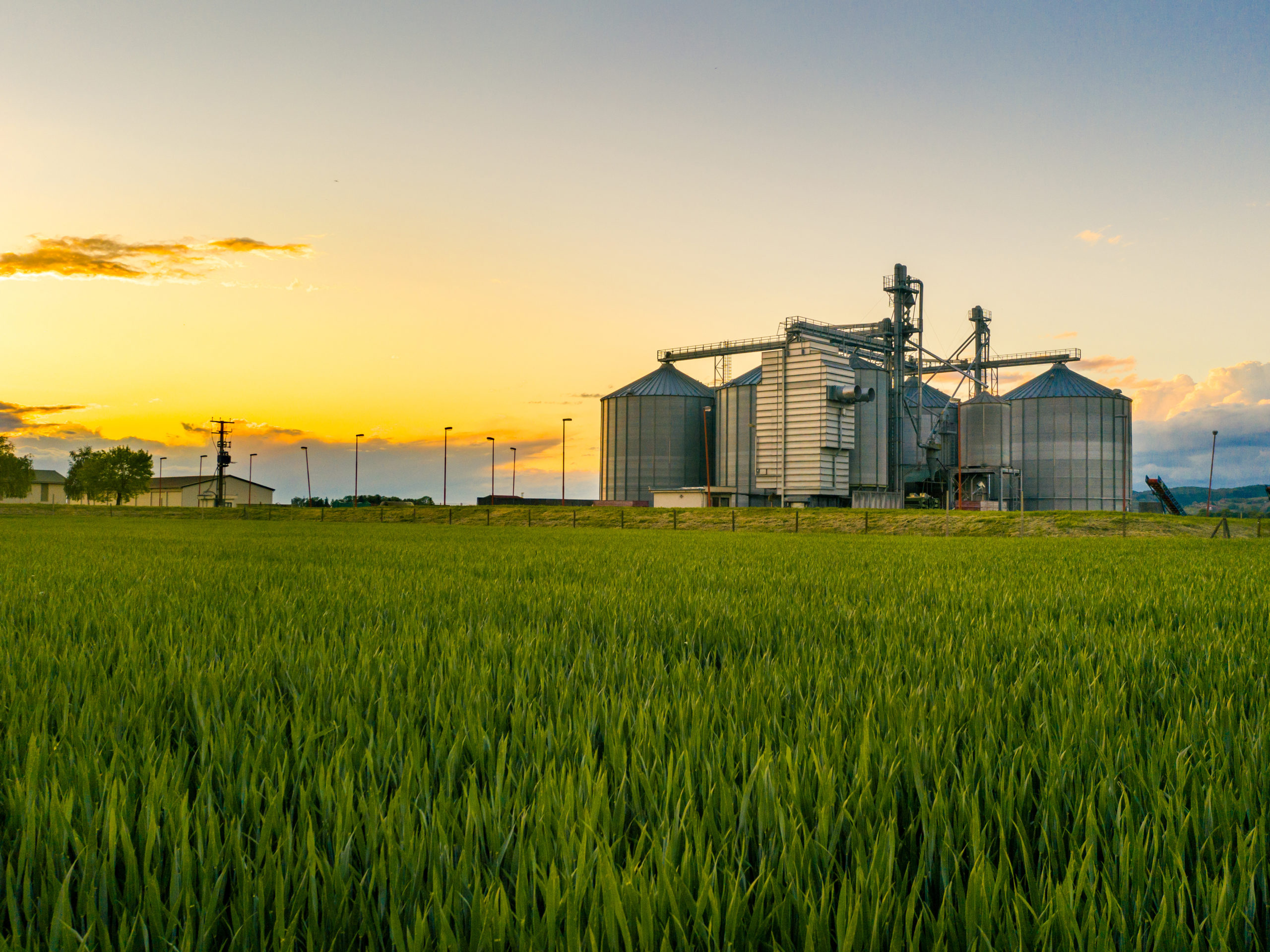Column: Risk Management
Risk, Resilience and Results
Oil prices slumped to $28 per barrel as I write this. We have seen price slumps in the past but, maybe it’s just me, the dip seems to have happened very quickly.
There are several very rational explanations circling, but how did we allow ourselves to get into this mess?
After a quick survey of all the global oil companies’ websites, I noticed every one had a link to a Corporate Citizen report outlining their status and progress towards “sustainability.”
Essentially, they believe that to achieve sustainable success, they must act in the long-term interests of their shareholders, the planet and society, and create long-term value and benefits for investors and communities in which they operate.
Sounds great. So what happened? What is the plan for investors and communities now that their investments have tumbled in value?
I applaud organizations on the pursuit of sustainability, but I now question their approach.
I think of a story of a mountain town. For generations, local shepherds raised sheep in a “sustainable way” — treating the herds well, hiring locally, never overgrazing fields or impacting the water supply.
The town was deeply invested in its sheep and had pride and joy in the goat cheese they sold globally. But what if the bottom dropped out of the cheese market? In a global commodity market, “sustainable” practices alone won’t keep them in business.
The idea of “sustainability” is commonly misunderstood, often paralleled to self-sufficiency. But virtually nothing is self-sufficient. We exist in a globalized, highly connected world.
We are vulnerable to real-world disruptions ranging from political upheavals to hurricanes and earthquakes. Beyond sustainability, we must actively build a culture that is much smarter, more resilient.
Talk about resilience sounds an awful lot like good enterprise risk management.
Imagine if our shepherds came up with other ways to employ their knowledge and resources, such as encouraging the production of wool sweaters with local weavers.
Weathering bumps in the cheese market would be much easier. Diversifying like this builds resilience into the community and its continuous journey to sustainability.
Here is the funny part. Talk about resilience sounds an awful lot like good enterprise risk management. Assessing wide ranges of risks and creating response plans is akin to ERM.
We have little control over nature, but we do have control over how we respond and adapt. That is how we become resilient.
According to Dr. Tom Mitchell and Katie Harris from the Overseas Development Institute: “Resilience, a concept concerned fundamentally with how a system, community or individual can deal with disturbance, surprise and change, is framing current thinking about sustainable futures in an environment of growing risk and uncertainty.”










